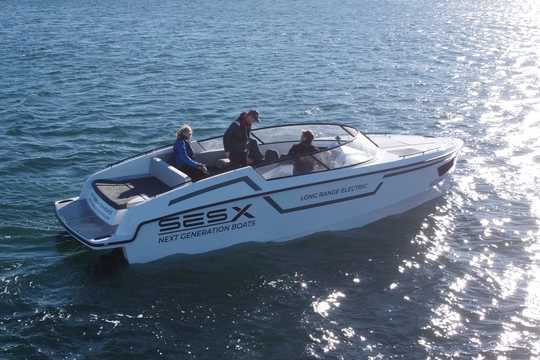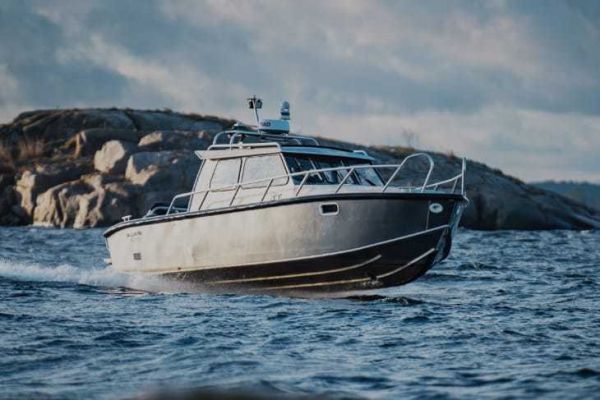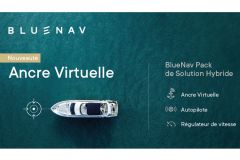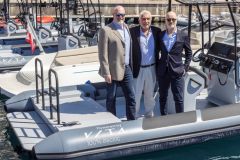Partnership between Scandinavian marine specialists
On June 5, 2023, Swedish pleasure boat builder Nimbus announced the signature of an agreement with Norwegian design firm Pascal Technologies and Norwegian engine manufacturer Evoy, specialists in electric outboards. The 3 Scandinavian companies will work together to define and create a concept boat to improve the sector's environmental performance.
A surface-effect aluminum boat
The new craft will benefit from developments by both companies. Its hull shape will incorporate Pascal Technologies' innovations in surface-effect vessels, hybrids between traditional hulls and hovercraft. Existing tests anticipate up to 50% reduction in fuel consumption.

Built by the Alukin boat brand, a member of the Nimbus Group and a specialist in aluminum, the boat will be made from this 100% recyclable alloy.
Finally, the boat will be powered by an Evoy electric outboard motor, the brand having already equipped a number of pleasure craft.
Focus on energy efficiency
Mats Jacobson, Technical Director of the Nimbus Group, stresses the importance of working on all aspects of the boat for an effective ecological transition: "The move away from fossil fuels will require both new propulsion technologies and new types of hull design. Through the partnership with Pascal Technologies and Evoy, we want to test technologies that could help reduce energy consumption, thus facilitating the introduction of more sustainable yachting. The operational autonomy of electric propulsion systems used on boats today is often too short to be a valid commercial alternative to fossil fuels."











